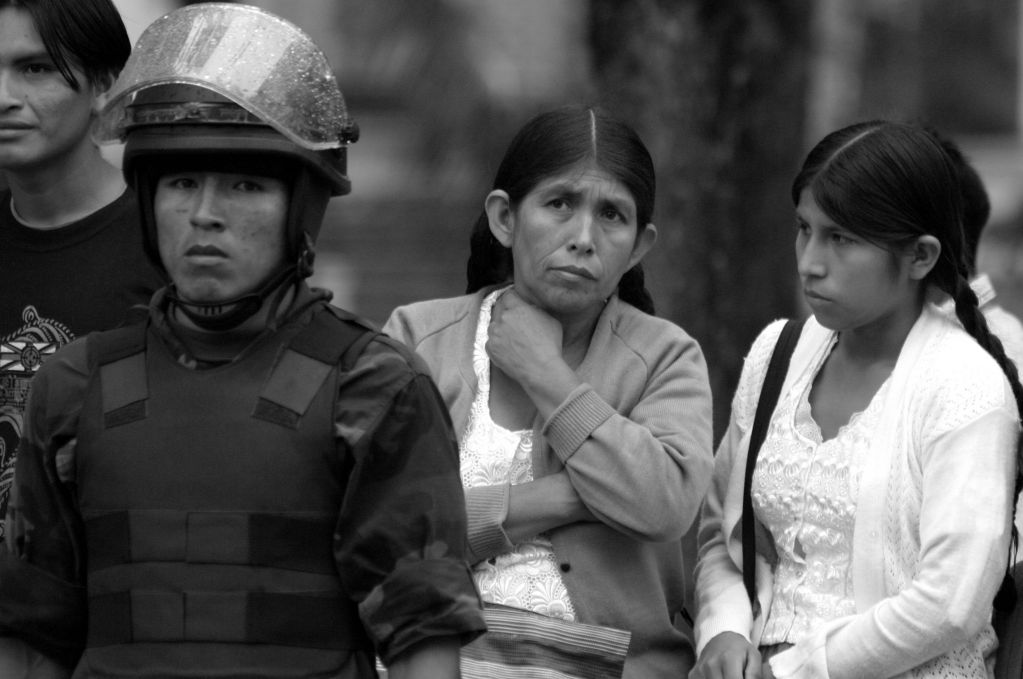The International and Ibero-American Foundation for Administration and Public Policies (FIIAPP) presented the new phase of the Cooperation Program between Latin America, the Caribbean and the European Union on drug policies (COPOLAD III) in the XXII political dialogue meeting held by the CELAC-EU Coordination and Cooperation Mechanism on drugs.
The Mechanism represents a space for dialogue between the regions of Latin America, the Caribbean and the European Union, which identifies common priorities and coordinates policies to face the challenges linked to the world drug problem. The COPOLAD III program, financed by the European Union, and executed by the FIIAPP in alliance with the International Italian-Latin American Organization (IILA), has a direct link with the Mechanism, since it contributes to promoting its work and providing it with technical content.
Virtual meeting
On this occasion, the XXII high-level meeting was held virtually on June 22 and analyzed the link between drug policies and development in the countries of the EU and Latin America and the Caribbean, as well as the latest reports from the European Monitoring Center for Drugs and Drug Addiction(ECMCDDA). Its director, Alexis Goosdeel, defined the current illicit drug market in the European Union as “resilient, solid and more digital” and explained how the COVID-19 pandemic has hardly affected the demand for narcotic drugs.
Javier Sagredo, director of COPOLAD III, presented the main lines of the program, which will facilitate the joint work of the participating countries in different areas of drug policies, the provision of specialized technical assistance and discussion processes and improvement of public policies to its coherence with aspects related to the sustainable development, human rights, public health, gender equality and citizen security. “Drug policies cannot generate negative impacts for development; on the contrary, they should facilitate progress towards the major sustainable development goals and, above all, those that are furthest behind”, he indicated.
Also present at the session was Europol, the European Union agency for police cooperation, which highlighted the increase in large-volume seizures in European ports and a greater use of technology and digital tools.
Public health
Likewise, representatives of the EU Member States participated, such as Spain, Portugal and France, who presented the approaches and emphasis of their national drug policies and plans, with a strongly consolidated focus on responses from public health, in line with the new EU Drug Strategy 2021-2025. Likewise, the German International Cooperation Agency (GIZ) highlighted its intervention approach from a drug policy perspective based on sustainable development and some relevant aspects of gender equity in the programs in which it collaborates in Latin America and the Caribbean.
The representative of the DG for International Alliances of the European Commission, Eric Beaume, underlined the importance of the sustainable development approach, especially in these times of health, social and economic crisis caused by the COVID-19 epidemic.
Promising developments
In the framework of the dialogue, some promising advances of innovative initiatives in the region were also presented, such as that of El Salvador, which is developing its network of outpatient devices for treatment and care for addictions, the focus of interventions in treatment and reintegration in Uruguay progressively focused on improving the quality of care, the training of addiction treatment professionals in Peru to address with the required specificity the needs of women and the LGBTI population, the new Paraguayan regulation of regulation of the legal hemp market, Trinidad and Tobago’s national policy approach to intervene in urban contexts with alternative development strategies to the illicit activities of micro-trafficking, or the drug strategy of Costa Rica directly linked to the Sustainable Development Goals.
As a summary, it is worth highlighting the words of the representative of Mexico, the country that co-chairs the Mechanism: “It is necessary to have fairer, more humane and more effective drug policies linked to the great objectives of the United Nations of peace, security, human rights and developing”.






